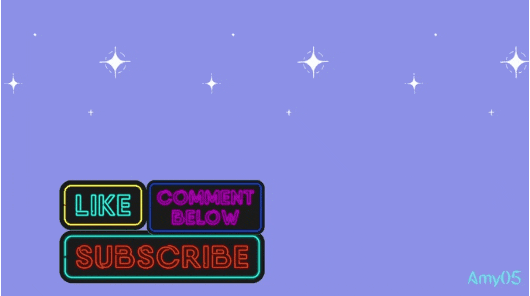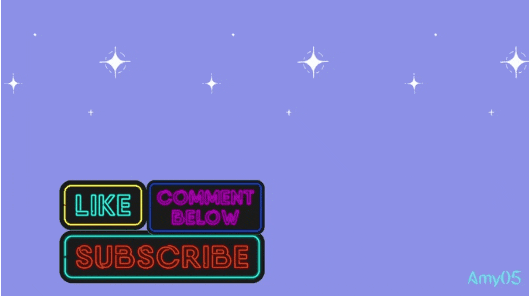Learn the Whole Thing Before Concluding
Jumping to conclusions without knowing the whole thing is dangerous.

It could lead to embarrassment if we concluded wrong, and we might be put in a place where people around us will be annoyed about what we did.
Most of us want to have peace when working on something. In order to focus more and have the desired output, we want to work on it in silence, and often stop other people from intervening while we’re still on the process.
However, others’ opinions and judgments are inevitable. I know most of you can relate with this situation especially when you are just starting to do something, but others already concluded that the output might not be that good.
That’s what happened to my uncle earlier while he was working on our front door. He was planning to paint it with wood stain, but before that, he made the surface smoother by using sandpaper. He also put enough amount of grout (mixture of cement, sand and water) to fill in the small holes of the door, so when it was painted, the surface will be smooth without any sign of damage.
While working on the basic process, our neighbor who is also a carpenter, criticized my uncle’s work even though the output was not yet seen. He said that my uncle’s process of painting the door was wrong and that he should have listen to that certain neighbor of us before doing it on his own. My uncle was very silent that time, and me, I was about to intervene on their conversation to defend him, but I decided to remain silent as well as it was quite bad to meddle on the adult’s business, as what my mom said, I know nothing about what they are talking about so I should shut my mouth to prevent myself from saying something offensive to anyone.
Maybe because being uncomfortable and possible annoyance, my uncle stopped on what he was doing and sit in the corner, while diverting the topic on something else so our neighbor will stop from criticizing. Instead of expressing his annoyance, my uncle just talked about something else to stop himself from saying something offensive to our naïve and insensitive neighbor. He was mature enough to handle the situation without leading it to misunderstanding or worst a fight.
No arguments happened, just merely hearing our neighbor's judgments, though it's quite hurting. But, I understand and respect my uncle's way of handling the situation, though, if I were on his position, I might be arguing with our neighbor already because I don't want to just remain silent without explaining my side. Because, what if I am doing the right thing, and the latter's opinion is invalid.
However, sometimes the best way to prove ourselves that we are doing the right thing is by showing the output to everyone rather than just explaining in words. With that, those who criticized us in the beginning will be ashamed of themselves when they found out about how good our work is by doing our own process.
Later on, when my uncle was done with his work and the door was pretty good than before, he showed it to our neighbor and asked for his judgment. It would be too ideal if our neighbor will easily accept his fault, that's why, he said negative things again to our pretty door. But, he was then put into embarrassment when his brother showed up and said that my uncle's work is way better than his sibling's (our neighbor) work. His brother even said that our neighbor should asked my uncle to teach him about the step by step process so he could use it in future works that might be assigned to him by his customers. Our neighbor then frowned and his face reddened maybe because of embarrassment or anger.
When our neighbor and his brother left our house, my uncle smiled triumphantly and I know what does it mean. Aside from achieving his desired output, he managed to teach our neighbor a lesson.
Me as well learned from it, that we shouldn't immediately judge something without knowing the whole thing. If we haven't seen the final output yet, let's shut our mouth first and wait for the outcome at the end.
Judgments is not bad at all as long as it is beneficial to someone. Constructive criticism is a must in order for us to learn from our mistake. But, saying or receiving merely a criticism without substance is never been right.
CLOSING THOUGHTS
Knowing the whole thing is very important before reacting or making judgment. We shouldn't conclude easily with just a few pieces of information in our mind. We should find out everything first, so we can react appropriately and not merely throwing negative words to someone, making us a toxic individual.
Aside from that, we should know our limitations and the possible consequences of what we said to someone.
Don't say anything at all if it's not beneficial and will not contribute to the success of others on a certain craft.
Author's Note:
As a sign of gratitude, I want to express how thankful I am to you, my readers. Thank you very much for those who keeps on supporting me with my articles, and I hope that even though my writing skill was not yet pro enough, you are still learning from it. I am very thankful also to my sponsors, I am hoping that you are all doing fine and for you to be showered with more blessings from above.
May the good Lord bless you more with love and grace! 😇❤️
Thank you so much for reading! 💕

Date Published: January 7, 2022
Lead Image and Gif: Originally edited by me using Canva


Toxic Human nature of people is to easily judge something or someone without even knowing it first. Kaya ako I rather do things my own way than to waste my time trying to explain to people who judge me.